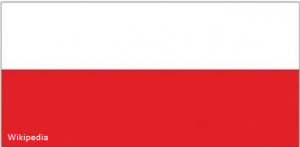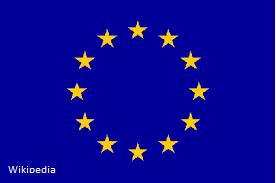Interview with Dr. Saskia Ravesloot, BTC, Belgian Development Agency, Brussels
Your activities and experiences with Gender Budgeting and G(R)B model
What made you get active in Gender Budgeting? What are your present activities?
In October 2001, I was a researcher at the Centre for Women’s Studies of the Antwerp University. While working on a gender mainstreaming project for the Belgian Government, I participated in one of the first large-scale High Level International Conferences on Gender Budgeting Initiatives (Strengthening Economic and Financial Governance), which was organised in Brussels. This inspiring conference gave me the opportunity to get acquainted with concepts and tools of gender budgeting, to meet key authors like Diana Elson, Guy Hewitt and Rhonda Sharp and to learn from experiences in the field as for example, in Tanzania and Uganda. In this regard UNIFEM/Karen Judd’s paper on Gender Budgeting Initiatives shall be recommended for further reading.
From then on, I have seen gender budgeting as the key for success when the aim was to integrate gender in whatever strategy, policy or process.
As a member of the OECD/DAC Gendernet I am currently contributing to the reflections on minimum standards for the Gender Marker. The final output of this informal working group on the DAC gender equality policy marker aims at developing new guidelines for improving the application of the Gender Marker in a more coherent manner among OECD/DAC member states.


